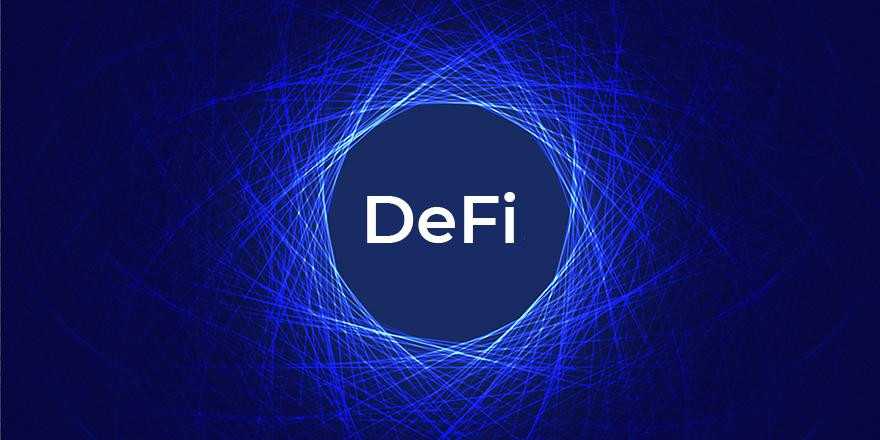What is DeFi?
DeFi stands for decentralized finance, which is an umbrella term for a range of financial products and services that are built on blockchain technology. DeFi arbitrage refers to the opportunity to profit from the price differences between DeFi assets across different platforms. By taking advantage of these discrepancies, arbitrage traders can buy assets at a lower price from one platform and sell them at a higher price on another. This process can be done as quickly and easily as possible, since DeFi applications are built to run autonomously on the blockchain network. DeFi arbitrage requires knowledge of DeFi projects, their respective platforms, and the ability to spot pricing discrepancies between different DeFi networks.
Crypto markets often involve inefficiencies and fragmentation, attracting traders seeking alpha. Why? Our research at Cambrial reveals that these opportunities may offer a source of attractive risk-adjusted returns that are absolute, uncorrelated to traditional markets – something tasty for the portfolio! Thanks to their distinct risks compared to other crypto trading strategies, they optimize diversification too – what’s not love about this investment opportunity?!
DeFi arbitrage opportunities
DeFi arbitrage remain abundant and can be captured in a variety of ways, including DeFi-based exchanges or DeFi protocol lending. DeFi arbitrage does come with some risks, such as price volatility or illiquidity, that should always be taken into account before trading. DeFi arbitrage traders must also have an understanding of the DeFi ecosystem and its underlying technologies in order to identify and take advantage of DeFi arbitrage opportunities. DeFi arbitrage traders should also be aware of the DeFi platform’s liquidity, fees, and other factors that can influence their profitability.
Yield arbitrage
Yield arbitrage opportunities in DeFi are generally easier to identify and take advantage of than DeFi arbitrage. Yield farming involves depositing tokens into DeFi protocols that offer automatic rewards, such as interest rates or yield-based incentives.
Bernie, our imaginary trader, is profiting from today’s market conditions. Yield arbitrage strategies between lending products and staked assets are allowing Bernie to take advantage of fragmented interest rates across the space – something many traders overlook in this highly competitive industry. Though it can be hard to estimate what capacity for these trades may look like due to traded volume and available tokens, Bernie is taking calculated risks with three example yield arbitrage trades outlined below; indicating that there could be more money on the table than initially anticipated!
BlockFi/DyDx interest rate arbitrage
Investing in crypto assets can be a lucrative opportunity, and there are two distinct ways to do so: users of DyDx may margin trade with leverage up to 5x while BlockFi offers custodial lending of large market-cap cryptocurrencies such as Bitcoin (BTC) or Ethereum (ETH). However, it is important for investors to note that participating in these opportunities comes with some inherent risks; sudden rate changes have previously been observed on BlockFi’s platform and liquidation risk exists on DyDx due to the potential fluctuation of ETH prices. Additionally, smart contract issues could arise when using either platform along with loan matching delays which need consideration before investing.
Cross-exchange arbitrage
Arbitrage trading has traditionally been associated with diffuse return distribution dynamics. However, in the decentralised finance space we are beginning to observe opportunities for finite and winner-take-all arbitrages between exchanges. Cross-DEX Arbitrage is a particularly compelling strategy whereby traders rapidly scan order books of multiple DEXs looking to maximize returns from taking advantage of temporary discrepancies across different venues – as seen by our example below where a 1.6% profit can be made through triangular trades on OasisDex (now Eth2DAI), Uniswap, DAI/MKR MKR/WETH & WETH/DAI pairs.

Evie Roybal is 32 years old and the founder of an open-source crypto platform. She is a self-starter who has always been interested in new technologies, and she has a strong belief in the power of blockchain technology to change the world for the better. Evie is originally from Colorado, but she has spent most of her adult life living in various parts of Asia. She is currently based in Hong Kong.


